detail profile rentaro mikuni
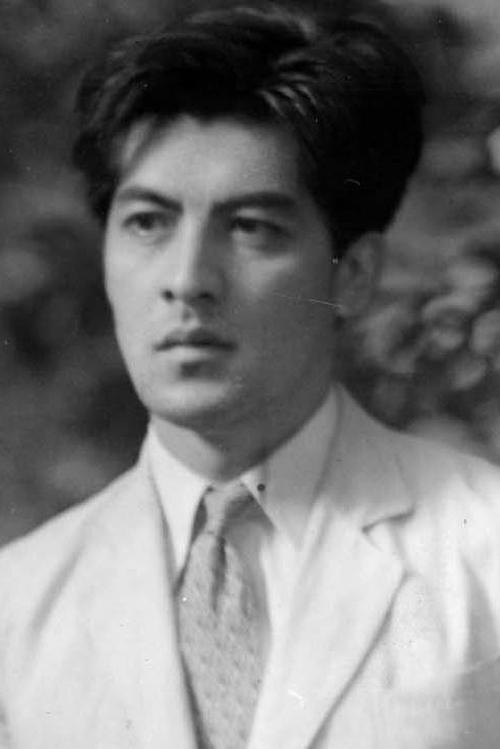
Rentaro Mikuni
Рэнтаро Микуни
atau dikenal sebagai
Riwayat Hidup
Rentaro Mikuni (三國 連太郎, Mikuni Rentarō, born January 20, 1923) was a Japanese actor from Gunma Prefecture.
He appeared in over 150 films since making his screen debut in 1951, and won three Japanese Academy Awards for Best Actor, and a further seven nominations.
He also won two Blue Ribbon Awards for Best Actor, in 1960 and in 1989.
Kōichi Satō is his son.
Description above from the Wikipedia article Rentaro Mikuni, licensed under CC-BY-SA, full list of contributors on Wikipedia.
Info Pribadi
Peran Yang Di Mainkan Rentaro Mikuni
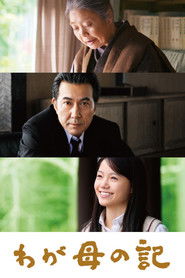 Bestselling novelist Kosaku Igami has made...
Bestselling novelist Kosaku Igami has made...Chronicle of My Mother 2012
Best-selling novelist Kosaku Igami has made a career out of using his family as fodder for his novels, much to their dismay. When his mother, the spirited family matriarch, is diagnosed with dementia, Igami must come to terms with the toll his own behavior has taken on his increasingly distant family and resolve his own long-simmering resentments. Evocative of classic Ozu, this gorgeously wrought epic family portrait explores the tenderness and trappings of familial bonds.
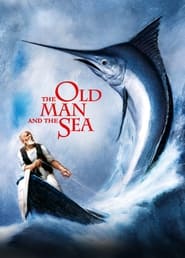 An old fisherman makes the biggest...
An old fisherman makes the biggest...The Old Man and the Sea 1999
An old fisherman makes the biggest catch of his life.
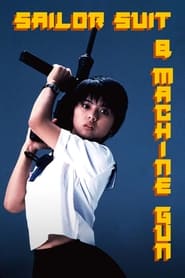 A highschool girl inherits a declining...
A highschool girl inherits a declining...Sailor Suit and Machine Gun 1981
A high-school girl inherits a declining yakuza organization, which seeks to repair its fortunes under her leadership.
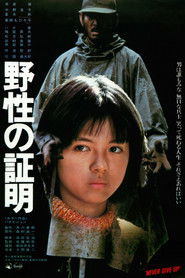 Special forces officer Ajisawa leaves his...
Special forces officer Ajisawa leaves his...Never Give Up 1978
Special forces officer Ajisawa leaves his paramilitary group to take care of his newly-adopted daughter, Yoriko: the sole survival of a bloodbath for which he is responsible. Years later, Ajisawa is forced to return to the scene of the tragedy for his new job as a claims adjuster where he is subsequently arrested for his suspected involvement. But the threat of jail time is the least of his worries as his former organization comes gunning for him.
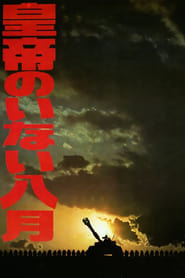 Taking the Chilean coup as an...
Taking the Chilean coup as an...August without Emperor 1978
Taking the Chilean coup as an example, a group of young officers plan to overthrow the Japanese government on V-J Day. They aim to abolish the post-war constitution, restore the national army and revive the traditional spirit of Japan. As the conspiracy is exposed, the coup squadrons are wiped out one by one. The remaining squadron takes over a night train bound for Tokyo.
 Seeking revenge against the guard who...
Seeking revenge against the guard who...Captive's Island 1966
Seeking revenge against the guard who tormented him, a young man returns to the island where he was imprisoned in reform school. But his plans for vengeance are disturbed when he encounters a strange and beautiful young woman
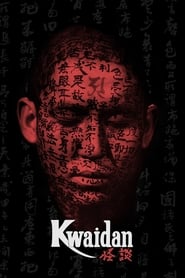 Taking its title from an archaic...
Taking its title from an archaic...Kwaidan 1965
Taking its title from an archaic Japanese word meaning "ghost story," this anthology adapts four folk tales. A penniless samurai marries for money with tragic results. A man stranded in a blizzard is saved by Yuki the Snow Maiden, but his rescue comes at a cost. Blind musician Hoichi is forced to perform for an audience of ghosts. An author relates the story of a samurai who sees another warrior's reflection in his teacup.
 Sabu and his pals hold a...
Sabu and his pals hold a...Wolves, Pigs & Men 1964
Sabu and his pals hold a pauper's funeral for Sabu's mother. His brother Jiro arrives home, fresh out of jail, and Sabu pointedly states that Jiro is not invited. Jiro meanwhile is planning a big job - steal 40 million in cash and drugs, and he invites Sabu and gang to act as decoys, for 50,000 each. The sting is a success, but the double-crossing starts almost immediately. Sabu discovers how little of the take they were promised and hides the stash. Jiro and his slimy partner pressure the kids to fess up. Meanwhile, their respectable elder brother Ichiro is being leaned on by the town's big boss, whose money it was.
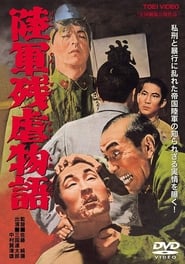 Director Junya Sats debut film focuses...
Director Junya Sats debut film focuses...Tale of Army Brutality 1963
Director Jun'ya Satô's debut film focuses on the inhuman training of recruits, the brutal drill system that reigned in the Japanese army during World War II, where in the first two years of training, ordinary people were turned into inhuman killers. For his first film, the director was awarded the Blue Ribbon Awards in the Debutant of the Year nomination.
 Downonhisluck veteran Tsugumo Hanshir enters the...
Downonhisluck veteran Tsugumo Hanshir enters the...Harakiri 1962
Down-on-his-luck veteran Tsugumo Hanshirō enters the courtyard of the prosperous House of Iyi. Unemployed, and with no family, he hopes to find a place to commit seppuku—and a worthy second to deliver the coup de grâce in his suicide ritual. The senior counselor for the Iyi clan questions the ronin’s resolve and integrity, suspecting Hanshirō of seeking charity rather than an honorable end. What follows is a pair of interlocking stories which lay bare the difference between honor and respect, and promises to examine the legendary foundations of the Samurai code.
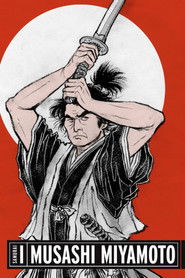 Struggling to elevate himself from his...
Struggling to elevate himself from his...Samurai I: Musashi Miyamoto 1954
Struggling to elevate himself from his low caste in 17th century Japan, Miyamoto trains to become a mighty samurai warrior.
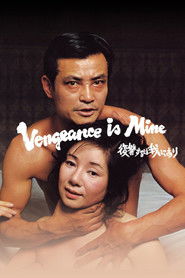 A thief a murderer and a...
A thief a murderer and a...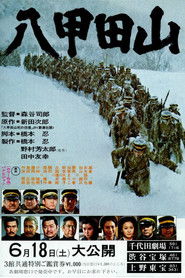 Two infantry regiments of the Imperial...
Two infantry regiments of the Imperial...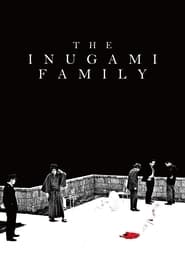 When a tycoon passes away he...
When a tycoon passes away he...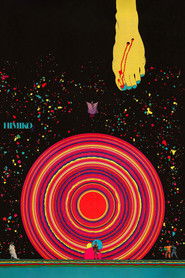 The myth of the Sun Goddess...
The myth of the Sun Goddess...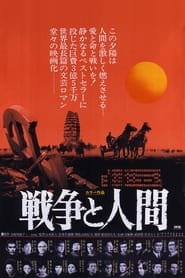 The upstart Godai family conglomerate plans...
The upstart Godai family conglomerate plans...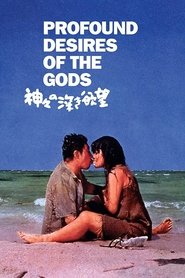 Tokyo engineer Kariya arrives on a...
Tokyo engineer Kariya arrives on a...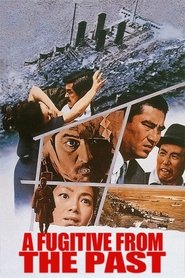 Three robbers escape with loot from...
Three robbers escape with loot from...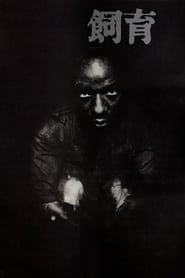 Towards the end of the Second...
Towards the end of the Second... In Burma during the closing days...
In Burma during the closing days...